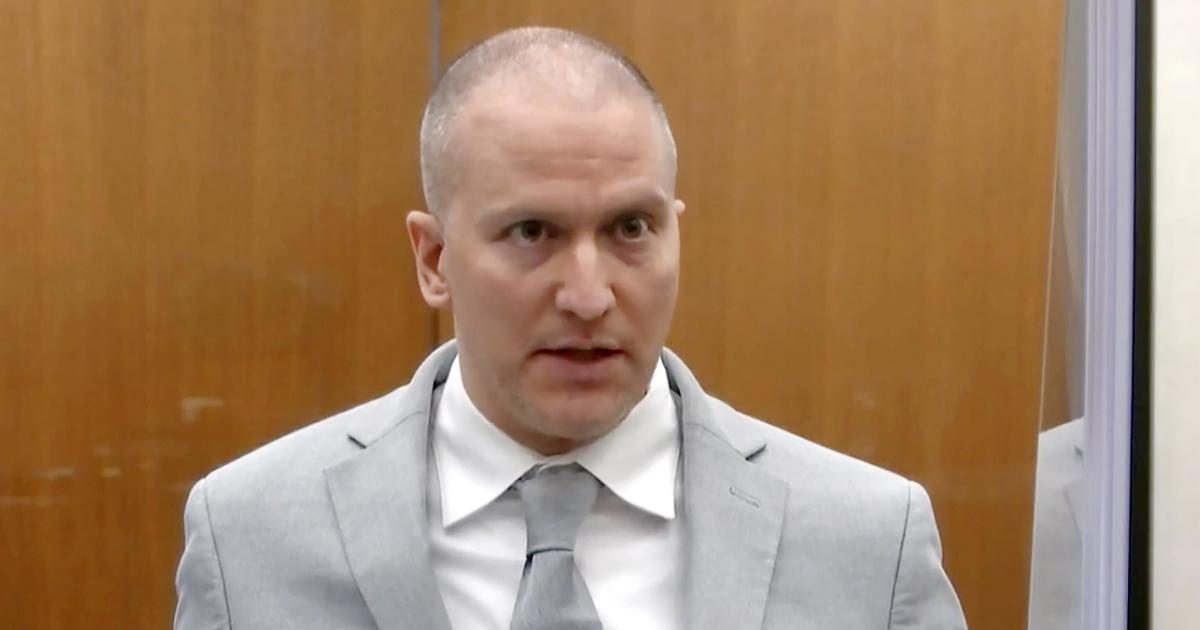The Supreme Court on Monday turned away an appeal by former Minneapolis police officer Derek Chauvin, leaving in place his conviction for the killing of George Floyd in May 2020.
Lawyers for Chauvin had asked the Supreme Court in October to take up his legal battle, which centered around a Minnesota trial court’s denial of his requests for a change of venue and to sequester the jury. Chauvin argued that the decision to keep the proceedings in Minneapolis deprived him of his right to a fair trial because of pretrial publicity and the threat of violence and riots in the event he was acquitted.
“Mr. Chauvin’s case shows the profound difficulties trial courts have to ensure a criminal defendant’s right to an impartial jury consistently when extreme cases arise,” his lawyers told the court in a filing, adding that the jurors who heard the case “had a vested interest in finding Mr. Chauvin guilty in order to avoid further rioting in the community in which they lived and the possible threat of physical harm to them or their families.”
The Minnesota Court of Appeals affirmed Chauvin’s conviction and rejected his request for a new trial in April after his lawyer challenged the decision by Hennepin County Judge Peter Cahill not to move the trial from Minneapolis, among other issues. The state supreme court declined to review that decision in July, leaving in place Chauvin’s conviction and 22 ½-year sentence.



I don’t disagree with that statement. Not that I think it changes anything about the end result, with him being obviously guilty.
I don’t know how you could come to any other conclusion than guilty, even if there were hypothetical threats to the jury. Reasonable people don’t call that anything other than a homicide.
For sure